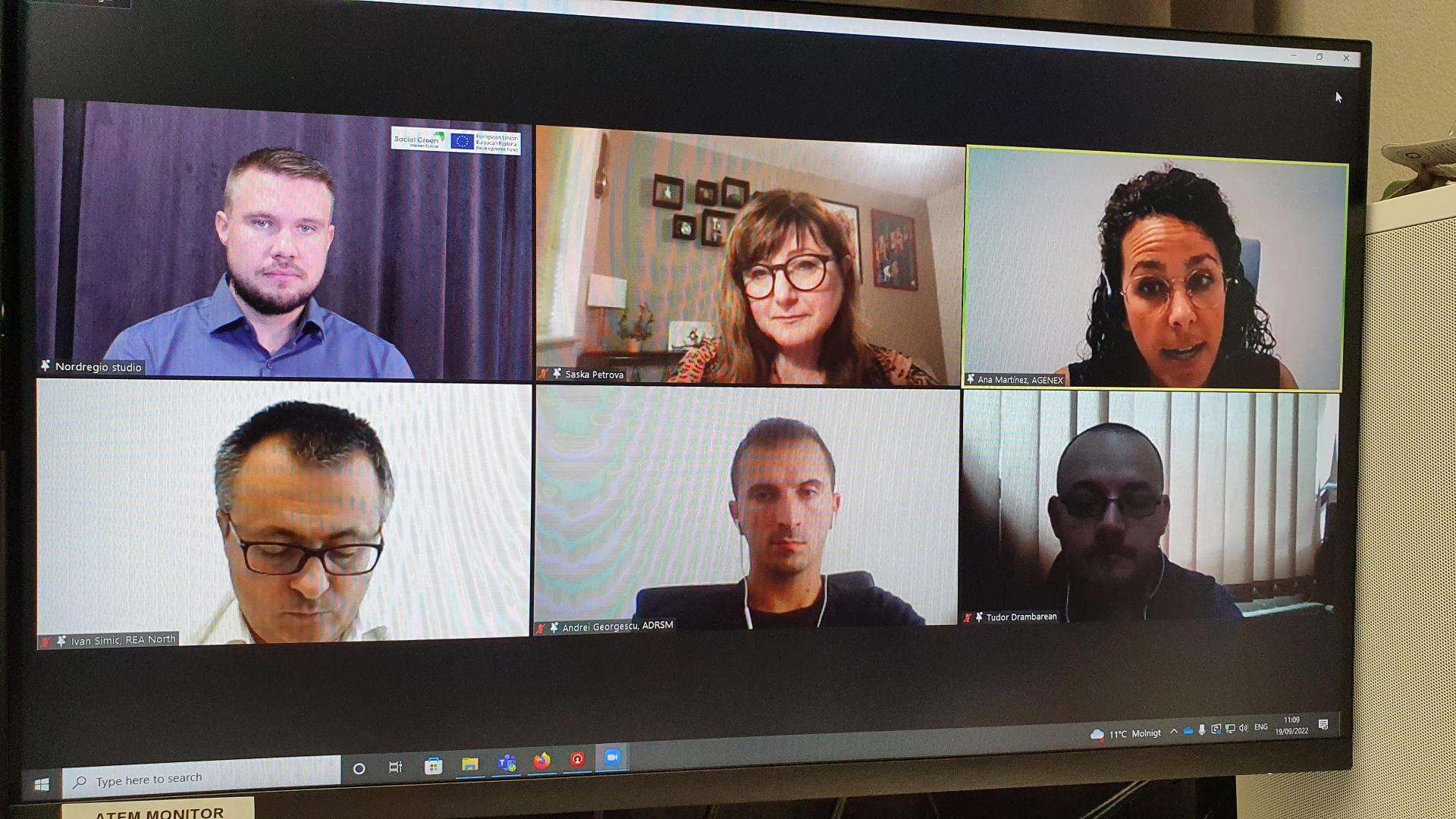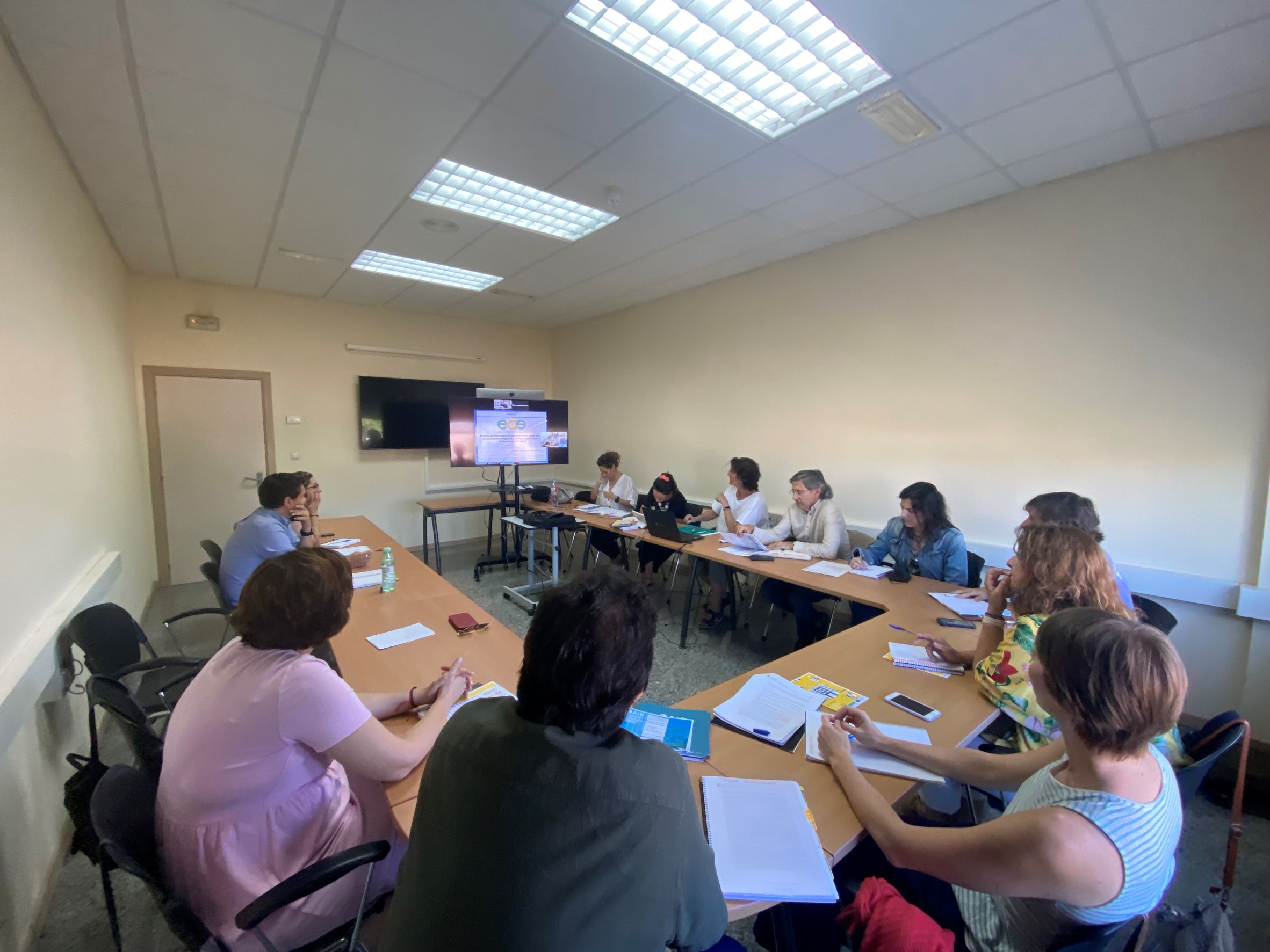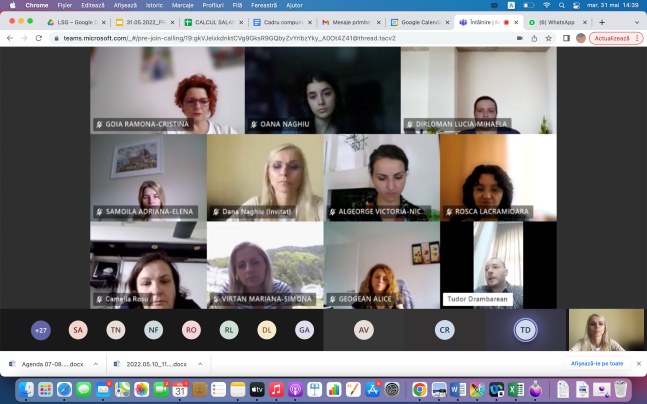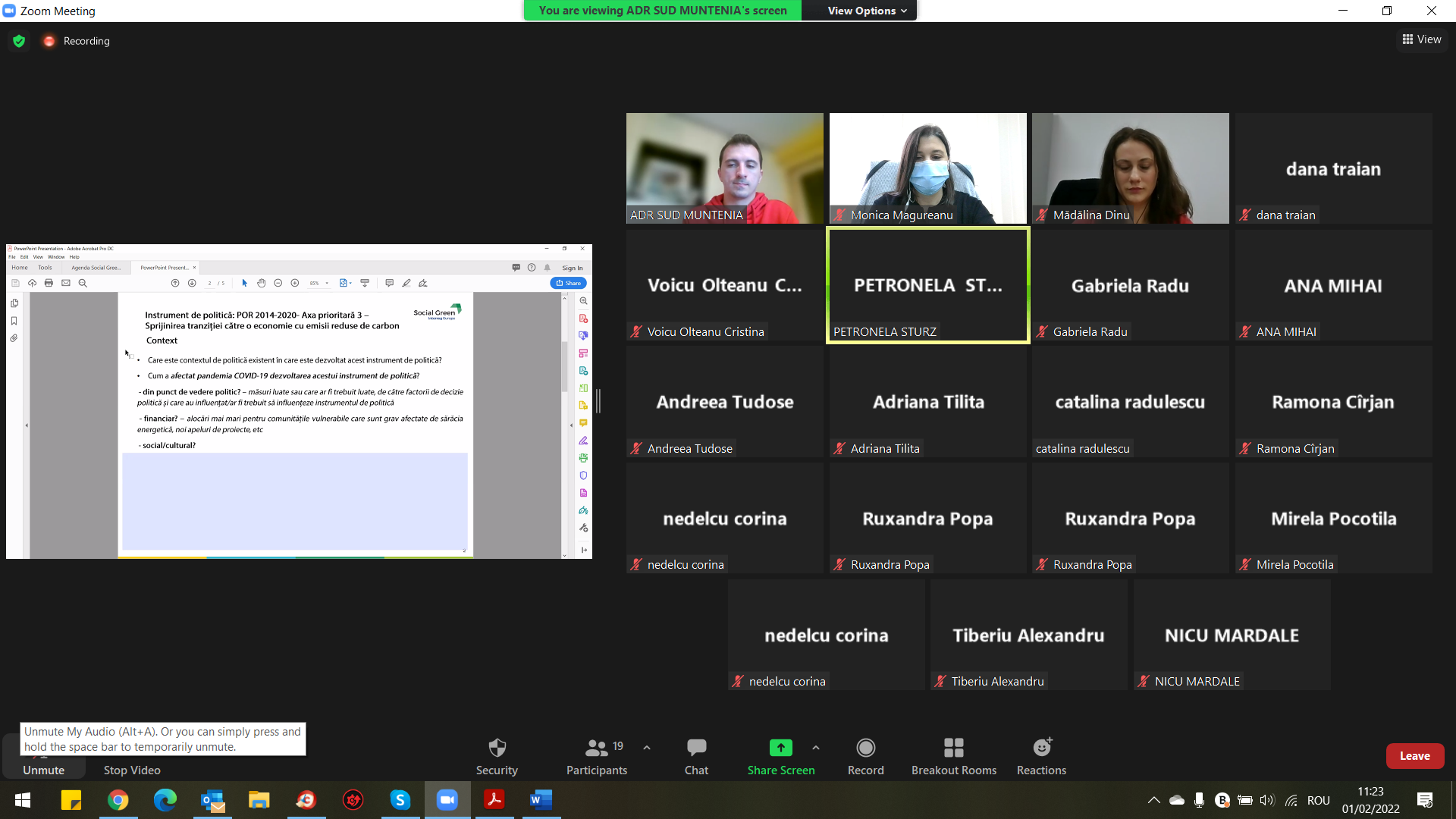Interregional learning activities, through study visits and sharing of knowledge and experiences, were at the core of the Social Green project. In January of 2018, representatives from Alba Iulia municipality (RO) made a study visit to Tartu, Estonia, where they were inspired by the Tartu Regional Energy Agency’s (TREA) smart metering solutions for buildings. After the Social Green partner meeting, both Alba Iulia municipality and TREA stayed in touch and shared experiences.
Their continued relationship led to the development of a pilot action in Alba Iulia to install smart metering solutions, which were adapted to the local context. In Romania, the installation of the smart metering solution would be one of the (if not the) first to also have potential to influence future policy instruments, like the new ROP, in the region and nationally.
This action has been very important for the local authority in many aspects. For example, not only would smart metering improve the monitoring aspect of social housing retrofits and energy consumption behaviour, but it would also be considered one component of the ROP that could be improved since the improvement of the energy efficiency and the consumer behaviour at the level of the social housing sector would be better understood.
That being said, the installation of smart metering does not come without difficulties, particularly in countries like Romania where establishing trust and mutual understanding for the benefits of the installation among social tenants and public authorities can be a challenge. Through the implementation phase of the action plan, the municipality worked intently with developing trust by collaborating with the right people at the municipality who already worked with the social tenants, and by remaining patient. Luckily, most of these activities with the social tenants could take place before the pandemic outbreak in 2020; otherwise, the municipality is convinced the process would have been more complicated because face-to-face interaction were perceived as necessary.
The underlying aim has been to overcome social and collaboration barriers, such as communication and information regarding the expected benefits also for the tenants in a new and quite technical project—in other words, to convince the tenants that a small change in their consumption habits could have an important effect on their utility bills and comfort, which could be more easily identified and observed with the smart metering system.
Finally, the target group for the pilot action was formed by tenants of social apartments, which also meant that Alba Iulia municipality had to consider that the majority of the tenants were unable to afford such a system. The municipality needed to anticipate how the project could be criticized, or perceived as too complicated, and thus refused by the tenants for personal reasons. Complications such as this are why it is important for municipalities to simultaneously address the financing solutions when presenting projects like this, which must include setting realistic expectations and communicating the benefits in dialogue with the tenants. By considering those factors, the likelihood to achieve the success as the case of Alba Iulia would increase.






